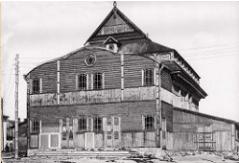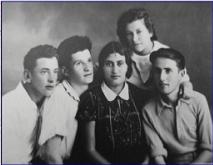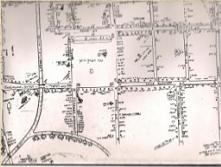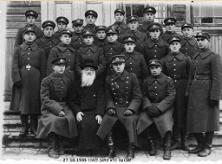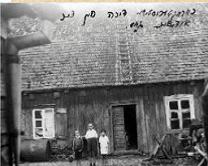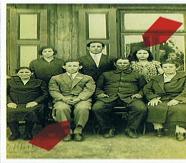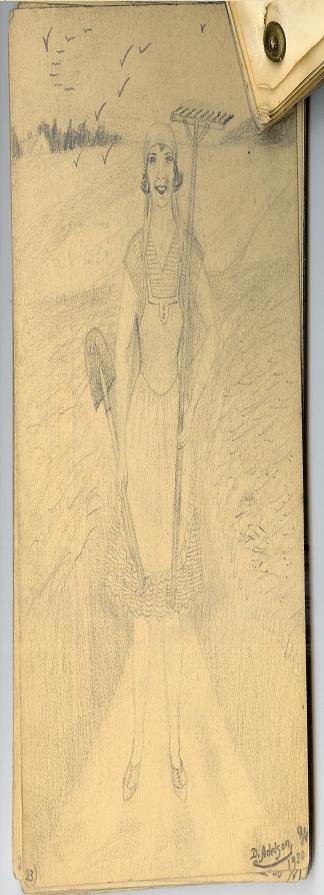Dvora Dolev nee Adelson nee Yurkanski tells her story
I was born in Lithuania on the 5th of May 1916, in Naujoji Vilnia [new Vilna] which is close to Vilna. I lived there until I was 4 years old. My parents were Sara- Malcha nee Arluk, she was born in Oshmina, and my father was Tuvia Yurkanski who was born in Eisiskes.
Naujoji Vilnia
The First World War ended in 1918 however, in that area the fighting continued until 1920 - the fighting was between the Poles and the Lithuanians on who would control the city of Vilna.
Vilna had always been the historical capital of Lithuania - despite this, the Poles refused to give in and continued fighting. The Polish army, indeed the Polish nation was far larger than the Lithuanian army was and state. In the cases where the Lithuanian army was able to capture Vilna they managed to hold it for a day or two and then the control returned to the Polish army. When the Lithuanian army did manage to control Vilna, the Jewish community of Vilna always greeted them with great joy. When the following day the city returned to polish control, the Poles would wreak their retribution on the Jews of Vilna.
